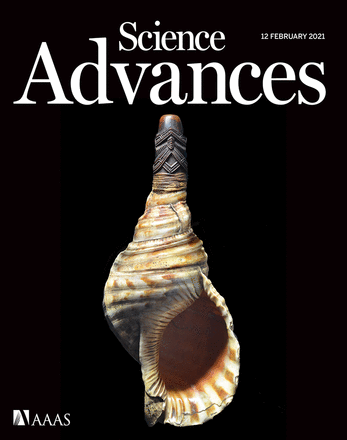The authors of a paper in Science Advances on methanogens — archaea that produce methane — have retracted the work a week after its publication because they included genetic data that violated an embargo.
The article, published on February 10, was titled “A methylotrophic origin of methanogenesis and early divergence of anaerobic multicarbon alkane metabolism,” and included authors from China, Germany and the United Kingdom. The first author was Yinzhao Wang, of the State Key Laboratory of Microbial Metabolism at Shanghai Jiao Tong University.
On February 11, Roland Hatzenpichler, of Montana State University in Bozeman, sounded the alarm:
Five days later, the paper received an expression of concern, and today it was retracted. According to the retraction notice, the researchers reported on data in a repository of the U.S. National Institutes of Health that were not intended for release:
In our Research Article, “A methylotrophic origin of methanogenesis and early divergence of anaerobic multicarbon alkane metabolism” (1), we unintentionally included some embargoed data in our analyses. These data had been deposited in the open-access NCBI SRA database without propagation of the embargo from the original database. We deeply regret our oversight and to protect the interests of the generators of these data, we have requested retraction of the paper.
Wang and senior author Xiang Xiao, also of Shanghai Jiao Tong University, did not immediately respond to a request for comment. [See an update at the end of this post.]
Hatzenpichler’s colleague, Luke McKay, tells Retraction Watch:
Roland and I agree there was no malicious intent by the authors of the retracted paper. The paper relied on embargoed sequence data still being processed by our laboratories (and others), but the authors were unaware of this. We see this as an unintentional error caused by cross-database confusion. We have corresponded directly with the editorial team at Science Advances in hopes that we can exonerate the authors in question as we do not believe they are unethical. We are also working with the organizers of the database and we are doing everything we can to help ensure this does not happen again. And we have had several private conversations with the authors who are handling this situation admirably–after realizing their mistake, they themselves requested retraction of their own paper.
Update, 1300 UTC, 2/18/21: Wang tells us:
The case is that in our Research Article published recently on Science Advances, we unintentionally included some embargoed datasets in our analyses. These data had been deposited in the open-access NCBI SRA database without propagation of the embargo from the original database. We thought it is right thing to protect the interests of the generators of these data, therefore, we have requested retraction of the paper. We never thought that datasets on NCBI have such restrictions, otherwise we will never use these data. Now we are planning to prepare a revised version of the paper that does not include the embargoed data, and will be reaching out to members of the community to discuss the best way to move forward in the near future.
Like Retraction Watch? You can make a tax-deductible contribution to support our work, follow us on Twitter, like us on Facebook, add us to your RSS reader, or subscribe to our daily digest. If you find a retraction that’s not in our database, you can let us know here. For comments or feedback, email us at [email protected].
